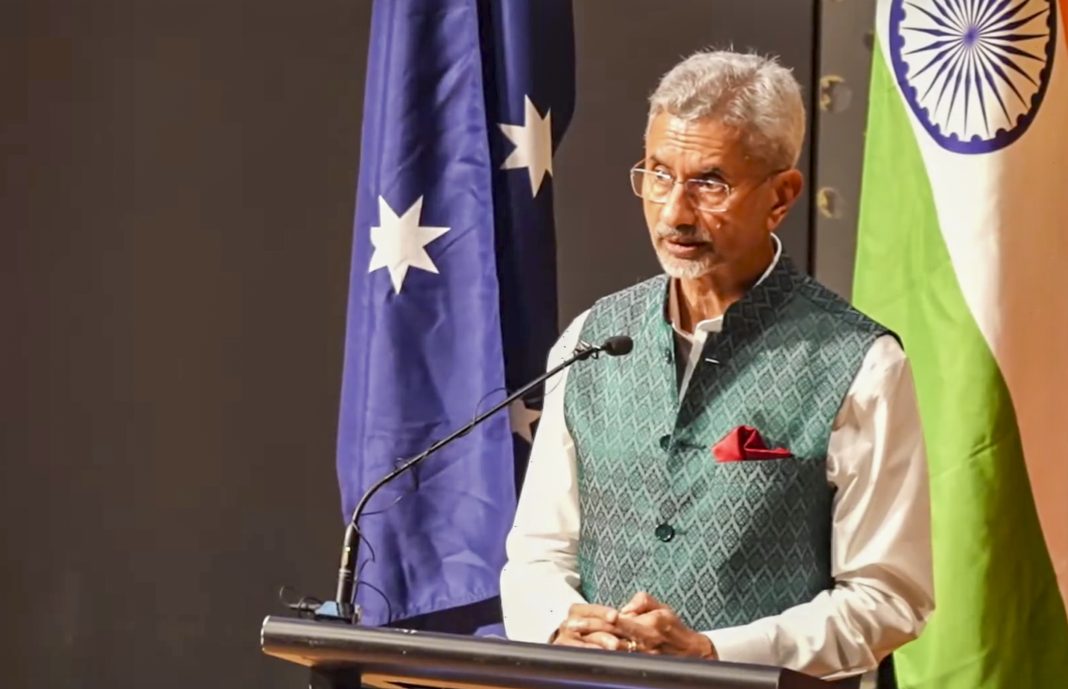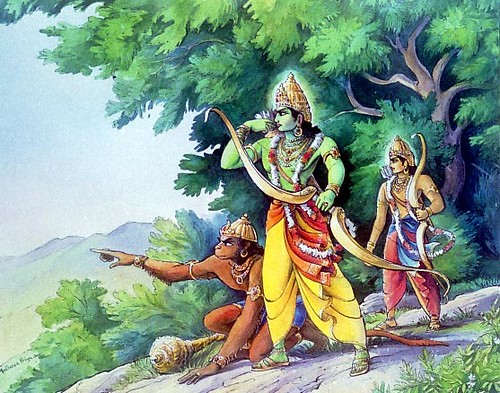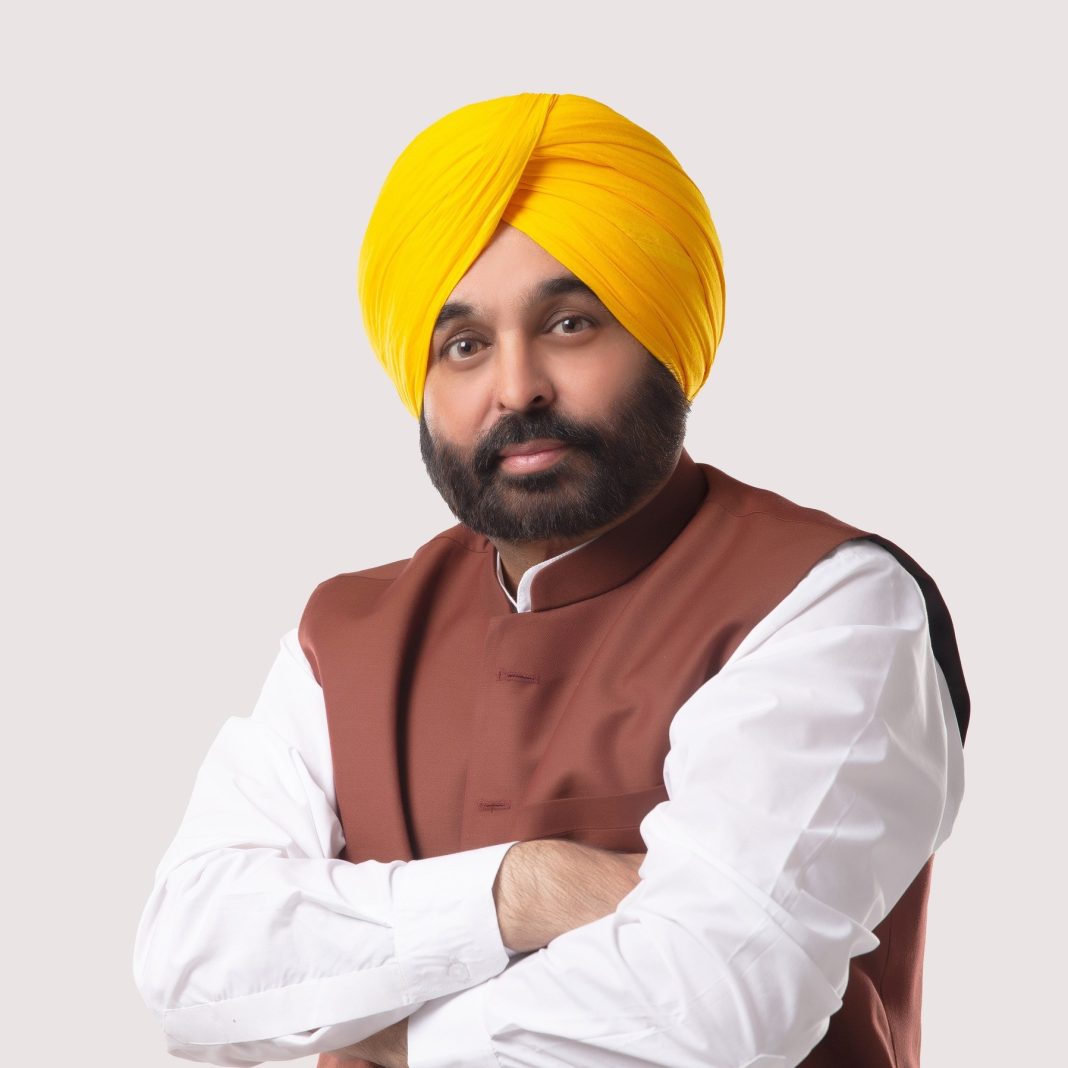Brisbane, Nov 3: India and China have made “some progress” in disengagement, External Affairs Minister S Jaishankar said on Sunday, describing it as a “welcome” move which opens up the possibility that other steps could happen.
His comment comes days after Indian and Chinese troops completed disengagement at two friction points at Demchok and Depsang Plains in eastern Ladakh. The Indian Army commenced verification patrolling at Depsang while patrolling at Demchok started on Friday.
“In terms of India and China, yes, we have made some progress. You know, our relations were very, very disturbed for reasons all of you know. We have made some progress in what we call disengagement, which is when troops were very close to each other, with the possibility that could lead to some untoward incident,” Jaishankar said while responding to a question during interaction with the Indian diaspora here.
“There are very large numbers of Chinese troops deployed along the Line of Actual Control who were not there before 2020. And we, in turn, have counter-deployed. There are other aspects of the relationship, which also got affected during this period. So clearly, we have to see after the disengagement, what is the direction we go. But we do think the disengagement is a welcome step. It opens up the possibility that other steps could happen,” said the minister.
He said that the expectation after Prime Minister Narendra Modi met Chinese President Xi Jinping in Russia last month was that “both the national security advisor and myself, we would meet our counterpart. So that’s where things are”.
On October 21, Foreign Secretary Vikram Misri said in Delhi that an agreement had been finalised between India and China following negotiations over the past several weeks and that it would lead to a resolution of the issues that arose in 2020.
The agreement was firmed up on patrolling and disengagement of troops along the LAC in eastern Ladakh, a breakthrough to end the over four-year standoff.
The ties between the two Asian giants nosedived following a fierce clash in the Galwan Valley in June 2020 that marked the most serious military conflict between the two sides in decades.
Jaishankar, who arrived in the Australian city of Brisbane earlier in the day on the first leg of his two-nation tour, said that there are right now two conflicts, which are in everybody’s mind.
“One is Ukraine. And one is what is happening in the Middle East. In different ways, we are trying to do something in both,” he said while replying to another question.
On the Ukraine-Russia conflict, Jaishankar said that India is making efforts to bring diplomacy back to the forefront, with Prime Minister Modi personally involved in meetings with leaders of the two countries.
The minister said the Prime Minister went to Russia in July, and then he went to Ukraine in August. He met Ukrainian President Volodymyr Zelenskyy separately, once in June and once in September. He again had a meeting last month with President Vladimir Putin in Kazan.
India supports dialogue and diplomacy, and not war, Modi had said at the BRICS Summit in Russia last month.
On the situation in the Middle East, Jaishankar said it is very different.
“At the moment, the effort is more to prevent the conflict from spreading. And, here, one of the gaps is the inability of Iran and Israel to talk to each other directly. So different countries are trying to see if they can, you know, bridge that gap. We happen to be one of them,” he said, without giving the details.
On the sidelines of the BRICS Summit in Russia last month, Prime Minister Modi met Iranian President Masoud Pezeshkian, who emphasised the need for peace in West Asia and the role that India could play in de-escalating the conflict given its good relations with all the parties, amid heightened tension between Iran and Israel.
Jaishankar said that the Ukraine-Russia conflict and tensions in the Middle East are very worrying. “In a globalised world, conflict or instability anywhere has implications everywhere. I mean, you see that in inflation, you see that in energy, in food, in disrupted supply chains. So, that’s one of the reasons we are approaching it the way we are,” he said. (PTI)




